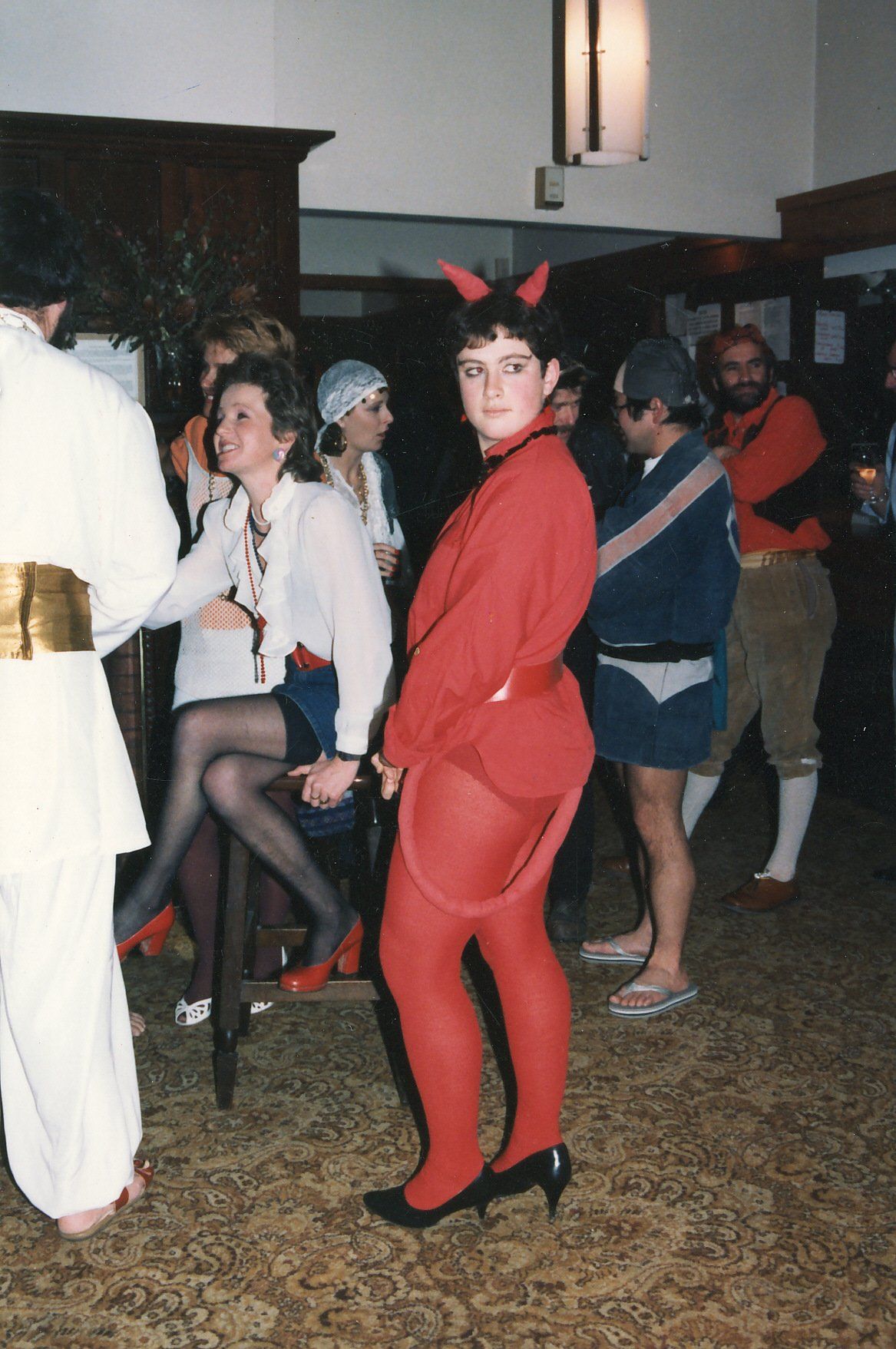How free is your will?

When I started at the University of Canterbury in 1983, I underwent a minor rebellion and took philosophy instead of chemistry. I went to a couple of chemistry labs, didn’t find them very exciting at all, and thought that philosophy sounded like an interesting option to combine with geology, botany and zoology first year courses. Philosophy ended up being my favourite subject by far that year (though geology was my choice of future profession, decided upon when I was around 7…that’s another topic altogether). All the science subjects told you the answers and made you learn them off by heart to regurgitate in exams. However, in philosophy there were no right or wrong answers, your mark depended on the strength of your argument for your position. This was much more fun! My favourite of the six topics we studied, was free will vs determinism.
The free will vs determinism philosophical divide is often posed as an either/or situation:
- Free will : we are free to choose our own behaviour.
- Determinism : All behaviour has a cause and is thus predictable. Free will is an illusion, and our behaviour is governed by internal or external forces over which we have no control.
People have also posed a ‘soft determinism’, in which they propose that people have choice, but that choice is constrained by internal or external factors.
A recent article in the Guardian suggests that the philosophers are now massing on the side that there is no such thing as free will, all actions are determined (or pre-determined), as the whole universe is a chain of related causes and effects. They don’t consider that the random nature of particle behaviour in quantum theory is at a scale that is meaningful to human life – quantum randomicity was held out at one point as an argument that free will could exist.
Some of the philosophers have received death threats for their position on this matter. This might seem a little extreme, but the lack of free will could actually represent an existential crisis for people with the time to think about it. Our whole system of rewards and punishments – at every level of society from child-parent, teacher-class, manager-staff, judge & jury-accused – stands or falls on whether humans have free will to operate. If your behaviour is simply the result of a chain of cause and effect, how can you be responsible for it? You can no more ‘choose’ an illegal action, than you can ‘succeed’ in writing a brilliant essay. You were preprogrammed to do both. Therefore you should not receive a Nobel prize for discovering a new element and you should not be put in prison for the rest of your life for mass murder; you had no choice or influence in either situation beyond the fact of your existence, which was also predetermined. There are philosophers who consider that we should actually step back from the free will/determinism debate, because if determinism was proven, this answer could be psychologically catastrophic at large scale.
However, the free will conclusion doesn’t seem perfect either. If everything is not a chain of cause and effect, it must be random. So should you be rewarded or punished for effectively undertaking a random action caused by a random event in your brain?
Stepping back, free will is so embedded in our psyches that we don’t even think to question it. As the Guardian article puts it, “Suppose you find yourself feeling moderately hungry one afternoon, so you walk to the fruit bowl in your kitchen, where you see one apple and one banana. As it happens, you choose the banana. But it seems absolutely obvious that you were free to choose the apple – or neither, or both – instead. That’s free will: were you to rewind the tape of world history, to the instant just before you made your decision, with everything in the universe exactly the same, you’d have been able to make a different one.” But if cause and effect is not resulting in you choosing the banana, what is…a random spark in your brain?
Physics, combined with neuroscience and real time imaging of brains, says that free will is a figment of our imaginations. Let’s take the fruit bowl example again. What say someone was holding a gun to your head and saying they would shoot you if you chose an apple over a banana (‘banana or death’)? How free would you feel? Probably not very free at all, and most of us would say, “Damn it, I will have the banana”. So is this question actually about degrees of free will. There are plenty of examples where you know that you ought to do something, e.g. visit an elderly relative, but you would rather do something else e.g. go for a bike ride. You toss and turn the options in your mind and, whichever you choose, you feel a lot more constrained than you likely do about choosing the piece of fruit. The notion of gradations of freedom is quite a useful one when analysing one’s own actions and feelings about those actions, rather than considering there is only one degree of freedom (or not).
For most of us, it comes down to that feeling…how free do you feel? In my undergraduate philosophy essay (I got an A) I weighted my arguments on the side of free will because, in the end, that was the side I preferred. Interestingly, despite the supposed evidence, only 12% of philosophers believe in determinism! I would certainly not suggest that I could come up with a definitive answer, given the millenia of philosophers who have preceded me, and the numerous physicists and neuroscientists playing in the mix. However, this debate does put me in mind of an interesting exercise in wine science.
In 2008, it was reported that the price of a bottle of wine had a major effect on how much people liked the wine. That doesn’t sound so surprising, there is potentially a nice, exclusive feel to knowing you are drinking a $200 bottle of wine. The first surprising aspect, however, is that people report enjoying a $45 bottle more than a $5 bottle, even when the wine in both bottles is identical. “Huh, you say, the people were tricked into thinking the wine in the $45 bottle was better”. Ah, but wait, there is more. People’s brains were imaged using functional magnetic resonance imaging (in this type of imaging your brain is scanned while you are doing something) while they were drinking wine (this is quite tricky). What the researchers found was, the parts of the brain linked to pleasure got more blood flow when people said they were enjoying the wine more; in other words, the people were really experiencing a more pleasurable sensation, in an instance where they thought the wine was more expensive, while they were actually drinking the same wine.
My first thought when I heard of this study was that it proved the utility of marketing. Marketing doesn’t only make you more likely to buy something, it makes you more likely to enjoy it…marketers actually have a useful function in society! However, what it makes me think in relation to the determinism vs free will argument is, experience is everything. Or if it isn’t everything, it is pretty close. If we feel we have free will then we actually do have the sort of free will that we want to have. Philosophers do sneaky tricks of redefining free will, generally to suit their preferred arguments. However, for all practical purposes, the only definition of free will that counts is the free will that humans (think they) experience. This isn’t some abstract debate, free will is only significant insofar as it relates to human experience.
So if you read an article about free will and determinism and it makes you feel extremely depressed, or like murdering a philosopher, just come back and read this article and you will feel all better again – after all, it’s the experience that counts.







